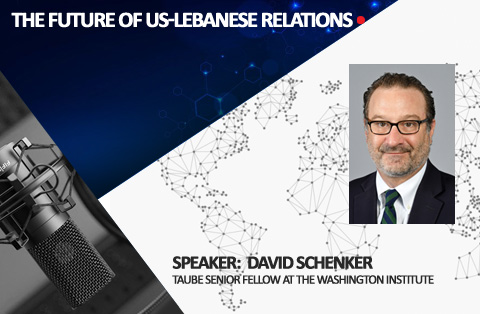
In policy terms, he led the bureau’s efforts to advance American interests abroad and strengthen U.S. partnerships and alliances across the region. Via diplomacy and the effective allocation of resources and assistance—as well as through imposition of sanctions—he worked to promote human rights, deter terrorism, fight corruption, and push back against regional adversaries. In addition to developing and implementing the U.S. strategy on China in the region, he worked to heal the Gulf rift between Qatar and neighboring states, resolve intractable conflicts in Libya and Yemen, consolidate the Abraham Accords, and counter malign Iranian influence in the Middle East.
Prior to joining the State Department, Schenker worked as the Aufzien Fellow and director of the Beth and David Geduld Program on Arab Politics at The Washington Institute from 2006 to 2019. During that period, he authored dozens of op-eds, journal articles, and PolicyWatches about Jordan, Lebanon, Hezbollah, and Egypt, among other topics, and contributed chapters to Institute monographs such as Beyond Islamists and Autocrats: Prospects for Political Reform Post Arab Spring (2017) and No Good Outcome: How Israel Could be Drawn into the Syrian Conflict (2013). He also published a chapter on U.S.-Lebanese relations in Lebanon: Liberation, Conflict, and Crisis (Palgrave, 2009), and authored Egypt’s Enduring Challenge




